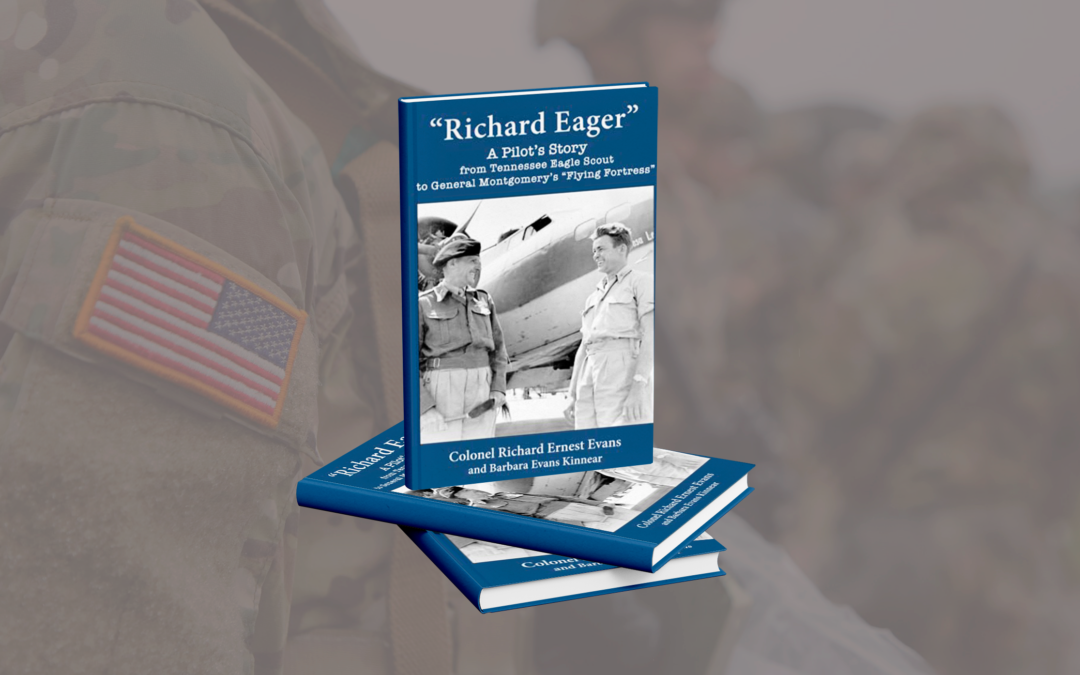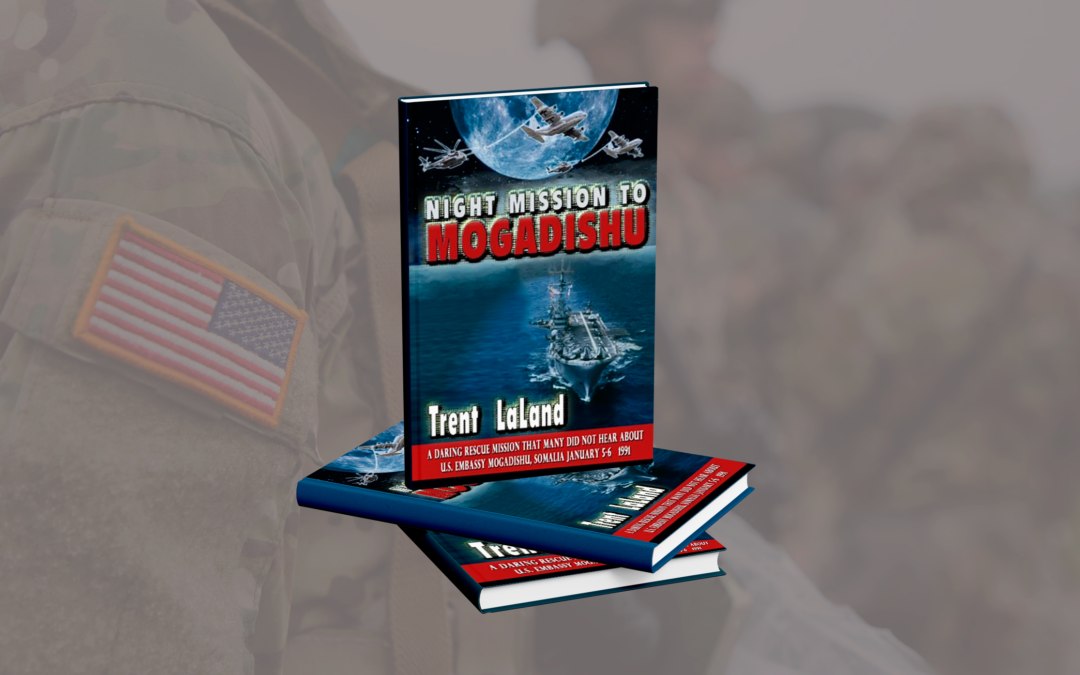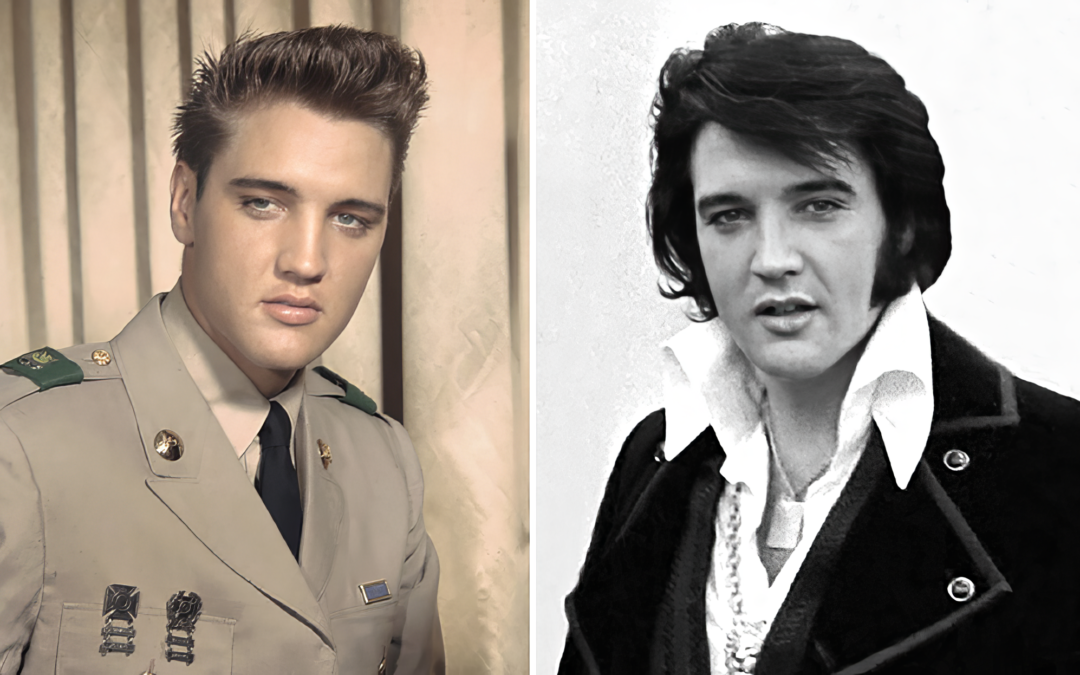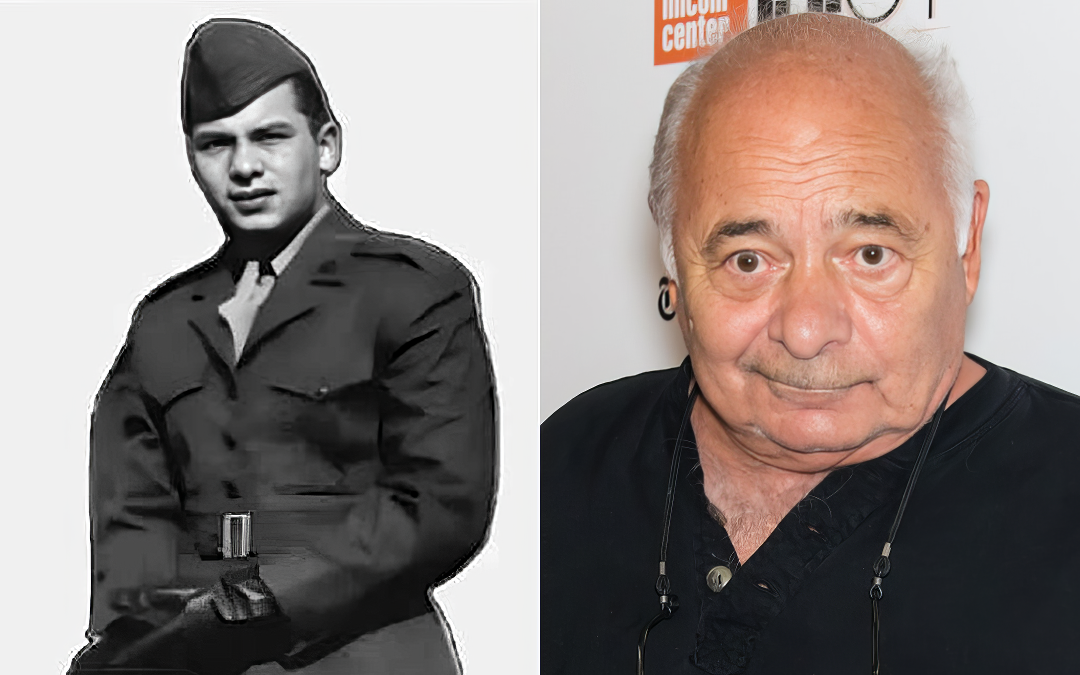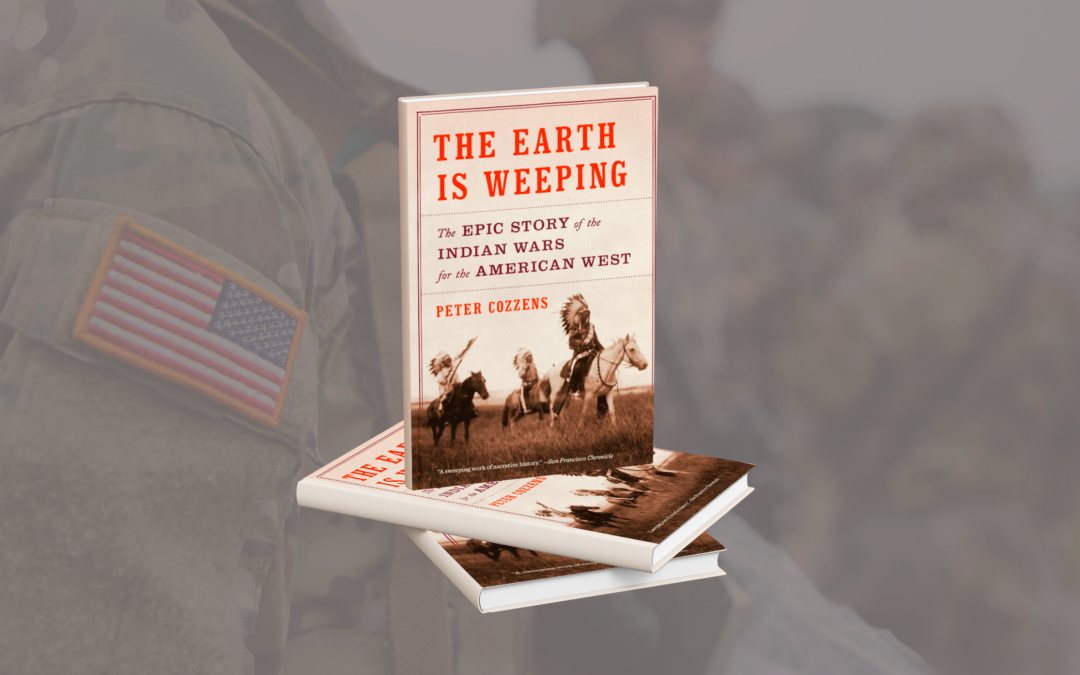A recent article in a Veteran-focused publication had the headline, "Did you know many of your benefits have an expiration date?" It gave the misleading impression to many that the benefits they have earned from military service could evaporate or disappear. This is inaccurate. The most popular Veteran benefits have no expiration date. As I explain below, you can apply at any point and are not time-bound. Three Most Popular Veteran Benefits For these benefits, there are important dates to remember. However, if you miss those dates, you will be inconvenienced, but these benefits are still available to you, providing you qualify. Let's start with the three most popular benefits:• Disability Compensation• Home Loan Guaranty• Education/GI Bill Disability Compensation Disability compensation is a tax-free monthly payment based on an injury or disability that occurred during service. A Veteran completes an application, referred to as a...

